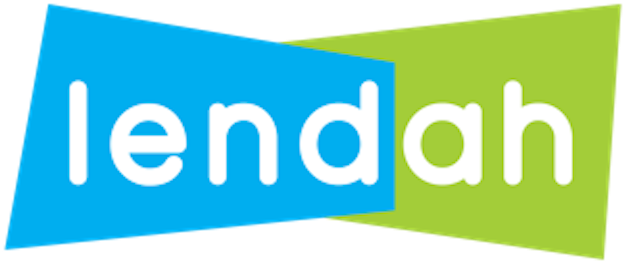The hottest topic of the Biden administration is the “will he/won’t he” of student loan forgiveness. When repayments were put on hold during the height of the pandemic, many Americans were hopeful that this was the beginning of Biden’s promise to eradicate student debt. With the decision still up in the air, some still hold onto that hope. But there are aspects of debt forgiveness that aren’t discussed as openly as they should be.
What Does Loan Forgiveness Look Like?
Loan forgiveness isn’t exclusive to student debt. You can be forgiven of any kind of debt depending on your circumstances and eligibility. If you are granted forgiveness, discharge, or cancellation of your loan, you will not be required to pay off all or a portion of what you borrowed. Loan forgiveness and cancellation differs from loan discharge because it’s typically based on your job, or in our current situation, the state of the economy. If a loan is discharged, it’s usually due to disability or the closure of the institution that you borrowed from.
If President Biden follows through on his plan to forgive student loans, it’s unlikely that everyone will receive forgiveness; even those that do may not have the entirety of their debt forgiven.
Who Qualifies for Student Loan Forgiveness?
Outside of the current student loan discussion, many can qualify for student loan forgiveness. This is based on the work that they do after they have earned their degree. Some examples include:
- Teachers who work at a Title One (low income) school for five consecutive years after graduation.
- Government workers or those who work for a nonprofit organization may qualify for forgiveness after 120 consecutive payments.
If either of these apply to you, you may not need to worry about the student loan forgiveness plan that Biden is working on. Here’s what we know about that plan: according to Time Magazine, “the Biden Administration is still working on its policy, but is considering canceling at least $10,000 of student debt—only for borrowers who make less than $125,000 or $150,000. The White House has not publicly released details about what its student debt plan could include.” This, of course, is not the final say from Biden, however, we have been promised a decision by the August 31st deadline for the payment pause that was initiated during the COVID-19 pandemic.
The Fine Print
As we look forward to a decision from the White House, it’s a good idea to look at the repercussions of student loan forgiveness. When you forgive debt, it doesn’t truly go away. The truth is that in most cases if your loan is forgiven, whatever you don’t pay transforms into taxable income. The IRS states that “in general, if you have cancellation of debt income because your debt is canceled, forgiven, or discharged for less than the amount you must pay, the amount of the canceled debt is taxable and you must report the canceled debt on your tax return for the year the cancellation occurs.” Now, in this specific circumstance, we don’t know if that will be the case. This is fully dependent on the terms of the student loan forgiveness plan that Biden puts forward. However, if this is the case, you need to be prepared for the increase in taxes that you will be required to pay back when it comes to filing your 2022 taxes.
Best Practices For Paying Off Your Debt.
The best thing that borrowers can be doing is – if possible – continue to make those interest-free payments. Making payments now will decrease the size of the loan. This means that when interest rates are reinstated on August 31st, your interest rate will be lower and you will be able to pay off your debt quicker. None of us can say for sure what will happen so we need to keep moving forward as if nothing is going to change. You can also check out our blog posts concerning those who have student loan and credit card debt as well as a blog about prioritizing student loan payments.
If you need help paying off your credit card debt so you can focus on your student loans, team up with Lendah and find a debt consolidation loan that works for you. Get started today on our website. Prefer to talk in person? Call us at 833-453-6324 and we’ll get you connected immediately with one of our loan experts.


Recent Comments